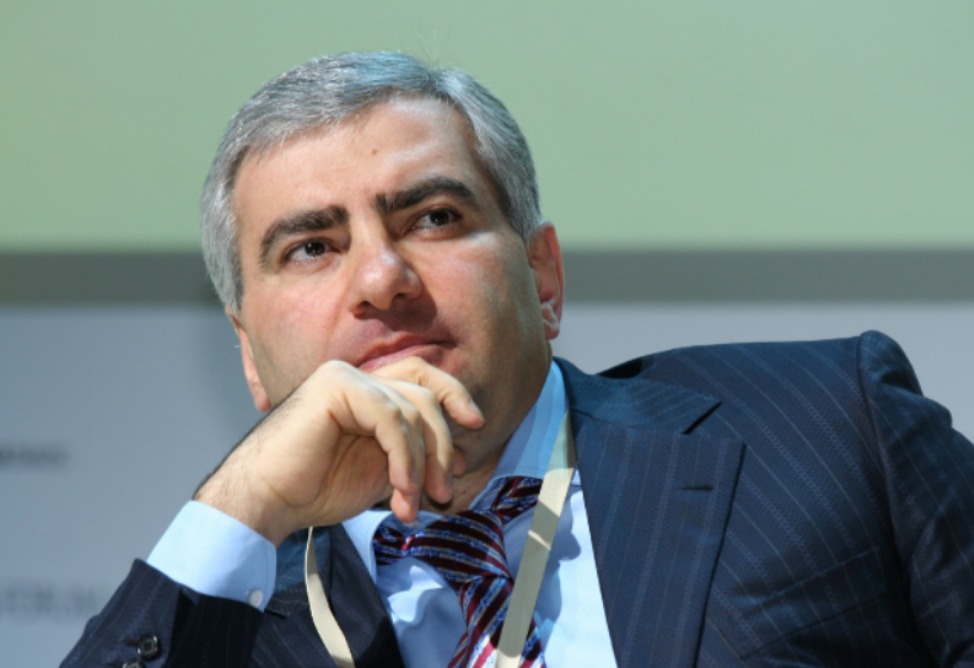Public opinion survey finds that 51% of Armenia’s citizens want radical change of political course.
20.12.2011,
21:00
A public opinion survey found that 51% of Armenia’s citizens believe that their country’s major problems could be solved given only a radical change of the country’s political course.

YEREVAN, December 20. /ARKA/. A public opinion survey found that 51% of Armenia’s citizens believe that their country’s major problems could be solved given only a radical change of the country’s political course. Unveiling the findings of the survey, conducted by the Center for Public and Political Research, its director Zorik Martikian, said the study was commissioned by People Metr company as part of a series of surveys ahead of next parliamentary elections, scheduled to take place in 2012 May.
He said three more surveys will be conducted subsequently in January, March and April 2012 and also exit polls on the election day. He said the surveys will enable to scrutinize public opinion change dynamics.
According to the survey’s results, twenty-five percent of respondents named social inequality as the number one problem, 24% said it was unemployment and for 21.5% it was inflation. At that 28% believe that personnel reshuffles can repair the situation, while 12% emphasized legislative changes.
Some 46% of respondents said the government was effective in promoting agricultural policy, 39% - the youth and sports policy and 9.5% commended the authorities for their health policy. Thirty seven percent said the government does little or nothing to improve the judicial system, 30.5% were dissatisfied with the government’s social policies and 16% with its education and science policy.
The survey was conducted in November in all administrative districts of Yerevan among 630 randomly chosen residents, none of whom was a party member; fifty-four percent were women, 24 percent had no permanent jobs, 11% were civil servants and 64% had higher education.-0-



